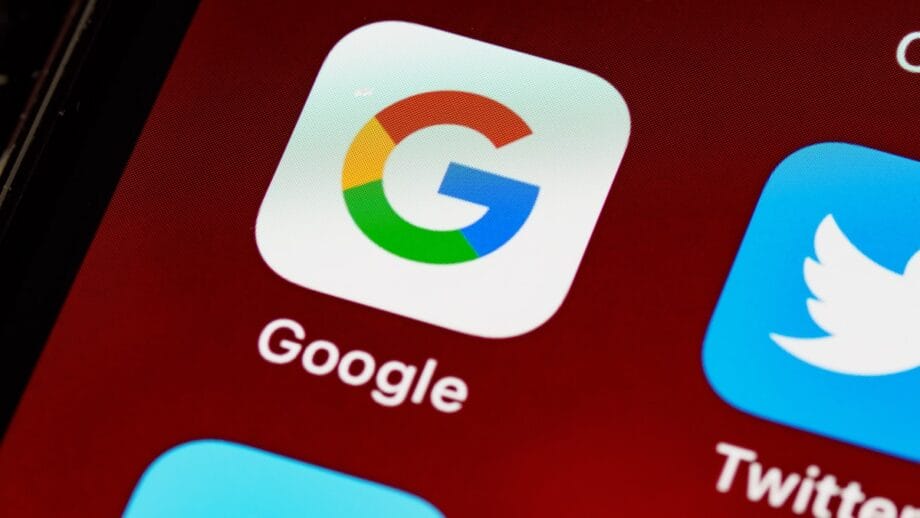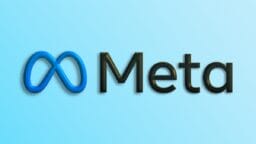Penske Media Initiates Legal Action Against Google Over AI Summaries
The proprietor of esteemed publications such as Rolling Stone, Billboard, and Variety has filed a lawsuit against Google, asserting that the tech behemoth’s use of AI-generated summaries appropriates its journalism without authorization, consequently diminishing web traffic to its sites.
This legal action, brought forth by Penske Media in federal court in Washington, D.C., represents a significant moment as it is the first instance of a prominent U.S. publisher challenging Alphabet-owned Google regarding these AI-generated snippets, which now frequently appear prominently in search results.
For several months, news organizations have voiced concerns that Google’s novel features, notably its “AI Overviews,” divert user traffic from their platforms, undermining both advertising and subscription revenues. Penske, a family-run media conglomerate overseen by Jay Penske and attracting 120 million unique online visitors each month, contends that Google’s search engine includes links to publishers’ articles solely if it is authorized to utilize their content in these AI summaries.
Without this leverage, the lawsuit argues, Google would be required to remunerate publishers for the right to republish their work or utilize it for AI training. The claim emphasizes that Google has imposed these demands owing to its dominant position in the search market, referencing a federal court ruling from the previous year that indicated Google commands nearly 90% of the U.S. search market.
“We have a responsibility to proactively advocate for the future of digital media and safeguard its integrity—elements that are jeopardized by Google’s current practices,” Penske asserted.
The lawsuit contends that approximately 20% of Google searches linking to Penske’s websites now display AI Overviews, a proportion anticipated to grow, and notes that affiliate revenues have plummeted by over one-third from their pinnacle, attributed to the decline in search traffic.
In February, the online education platform Chegg also initiated legal proceedings against Google, alleging that the search titan’s AI-generated overviews were diminishing the demand for original content and compromising publishers’ competitive edge.
In response to Penske’s lawsuit, Google stated that AI overviews enhance user experience and facilitate traffic to a broader spectrum of websites. “Through AI Overviews, users find Search more beneficial and engage with it more, thus creating fresh opportunities for content discovery. We will vigorously contest these unfounded allegations,” proclaimed Google spokesperson Jose Castaneda.

Earlier this month, in a noteworthy antitrust victory, a judge ruled that Google would not be required to divest its Chrome browser as part of initiatives to promote competition within the search space, a decision that left some publishers and industry organizations, including the News/Media Alliance, disheartened. They contend that this ruling strips publishers of the ability to opt out of AI-generated overviews.
“The negotiations occurring with other AI entities do not apply to Google, given its market dominance that allows it to eschew those essential practices,” commented Danielle Coffey, CEO of the News/Media Alliance, which represents over 2,200 U.S.-based publishers, in a conversation with Reuters.
“Google’s immense scale and market power exempt it from adhering to conventional norms, which poses a significant issue.”
Coffey referenced the AI licensing agreements being established by companies such as OpenAI, the creator of ChatGPT, with notable entities like News Corp, Financial Times, and The Atlantic. Google, in its competition with ChatGPT through its Gemini chatbot, has yet to secure comparable agreements.
Source link: Indianexpress.com.





